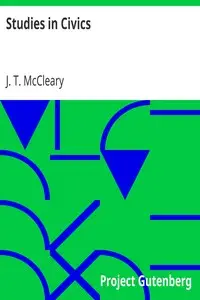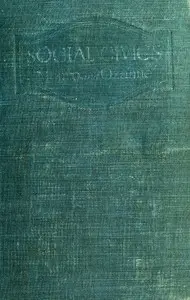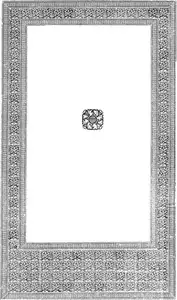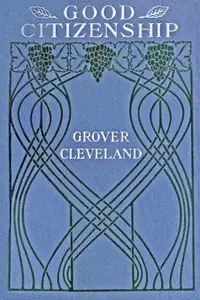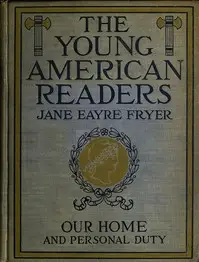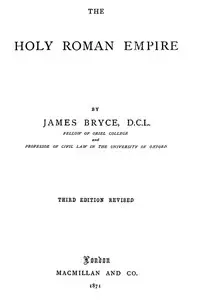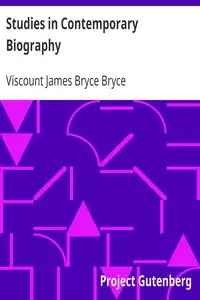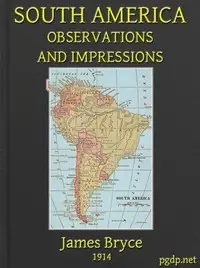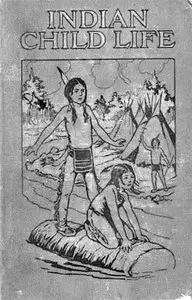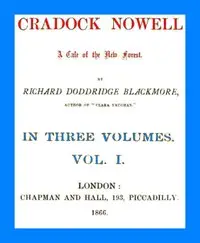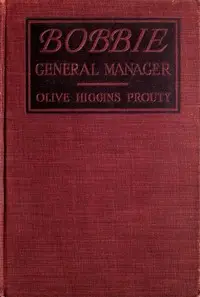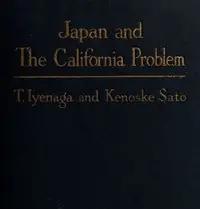"Promoting Good Citizenship" by Viscount James Bryce is a deep exploration into what it truly means to be a good citizen in a democracy, written in the early 1900s. The book examines the problems that stop people from being active and responsible citizens, like being lazy, only thinking of themselves, and extreme loyalty to political groups. Bryce explains that many people don't care about their civic duties because countries are so big that one person's actions don't seem to matter; also, people aren't as angry about corruption as they should be, and modern life is full of distractions. To fix this, Bryce suggests teaching people to be better citizens through education and developing their morals. He stresses that it's important for people to be involved in how the government is run, not just by voting but also by thinking carefully about their choices and helping others understand their responsibilities as citizens, urging everyone to take their role in democracy seriously and build a strong sense of civic duty.
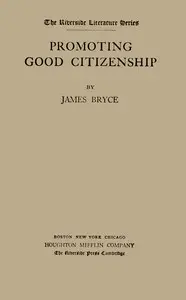
Promoting good citizenship
By James Bryce Bryce
Discover a timeless guide encouraging individuals to overcome apathy and embrace their civic duties in order to cultivate a more engaged and responsible democratic society.
Summary
About the AuthorJames Bryce, 1st Viscount Bryce,, was a British academic, jurist, historian, and Liberal politician. According to Keoth Robbins, he was a widely traveled authority on law, government, and history whose expertise led to high political offices culminating with his successful role as ambassador to the United States, 1907–13. In that era, he represented the interests of the vast British Empire to the United States. His intellectual influence was greatest in The American Commonwealth (1888), an in-depth study of American politics that shaped the understanding of America in Britain and in the United States as well.
James Bryce, 1st Viscount Bryce,, was a British academic, jurist, historian, and Liberal politician. According to Keoth Robbins, he was a widely traveled authority on law, government, and history whose expertise led to high political offices culminating with his successful role as ambassador to the United States, 1907–13. In that era, he represented the interests of the vast British Empire to the United States. His intellectual influence was greatest in The American Commonwealth (1888), an in-depth study of American politics that shaped the understanding of America in Britain and in the United States as well.

